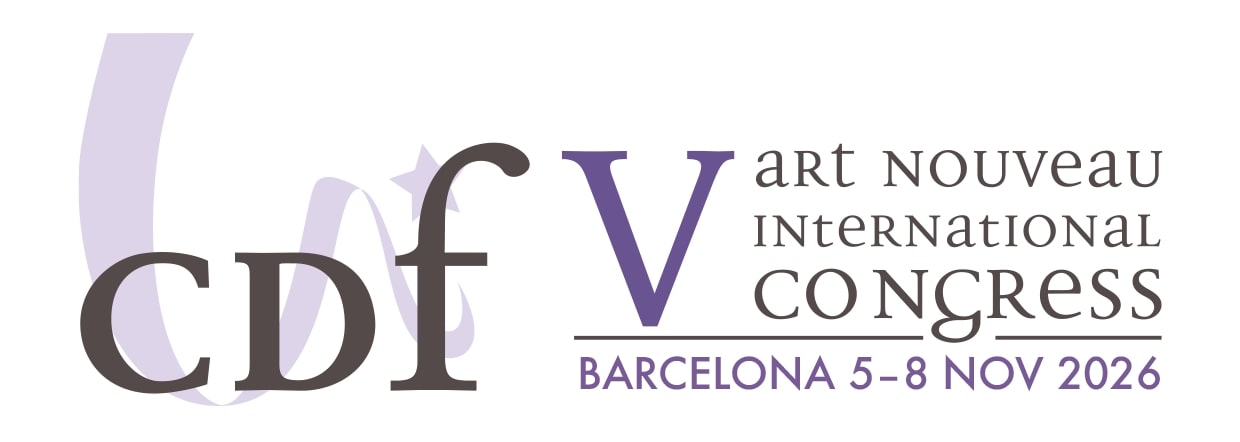His connection with music began when he joined a choir, but he soon left for Barcelona to further his education and shortly afterwards went to Rome and Paris on a grant. These trips gave him the chance to get acquainted with European music and he became one of those who helped to introduce the music of R. Wagner to Catalonia. The training he received turned him into a modern composer of both cultured and popular music. Some of his best operas are Els Pirineus (The Pyrenees, with libretto by Víctor Balaguer) and El comte Arnau (Count Arnau, with libretto by J. Maragall). He also wrote light opera, religious works and chamber music. In 1894 he settled in Madrid and in 1915 he was appointed a teacher at the conservatory there. He founded several schools of musicology in Catalonia and carried out research, especially into music of the modern period (15th to 18th century), a subject on which he published various books, and wrote popularising works on old Spanish music.
He acquired a high reputation, which led him to become the teacher of musicians such as I. Albéniz, E. Granados, L. Millet and Manuel de Falla.


 Musicologist and composer
Musicologist and composer


